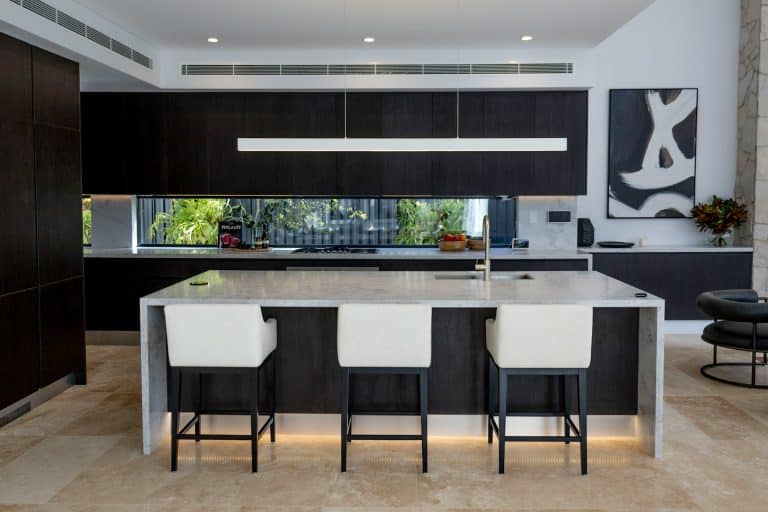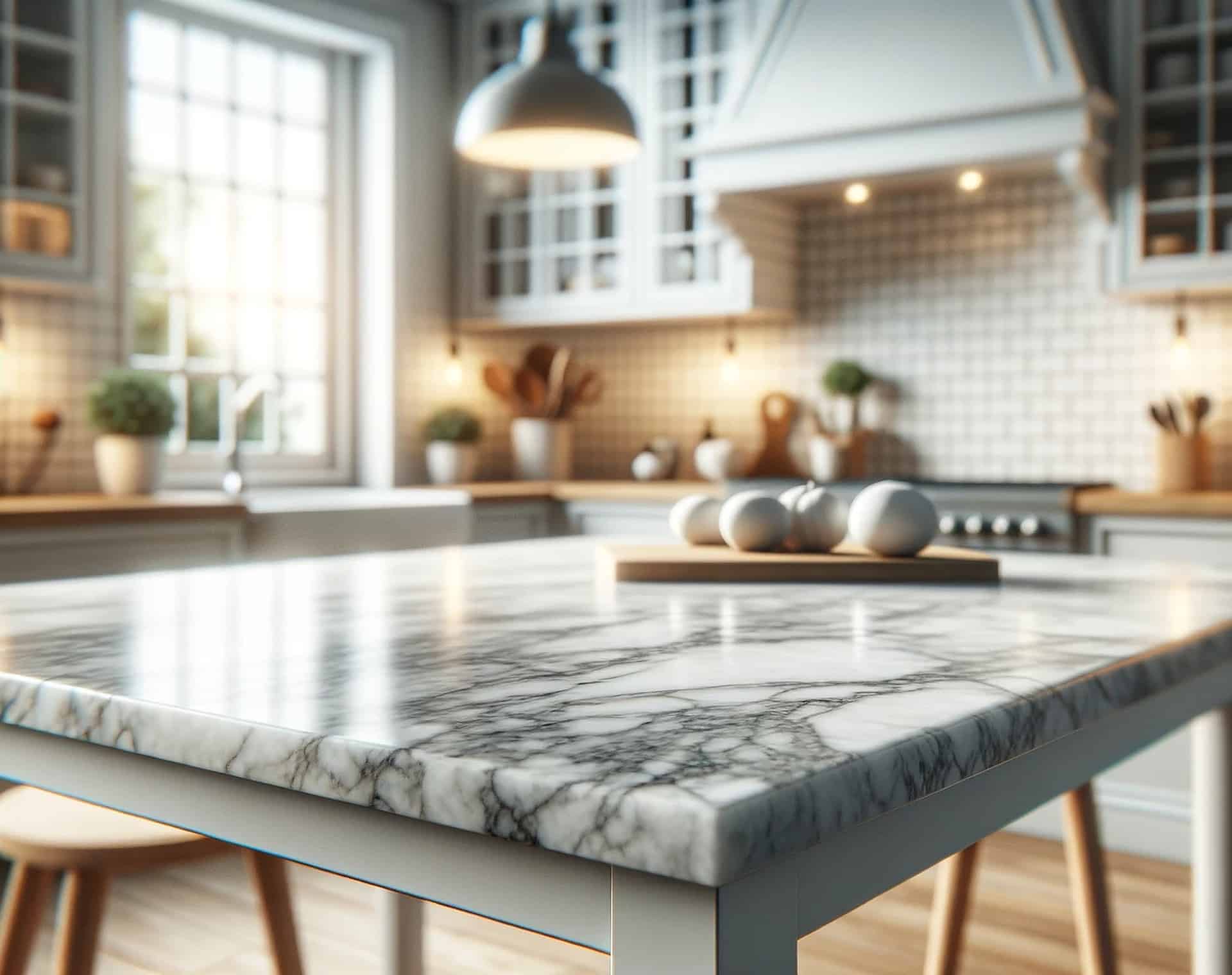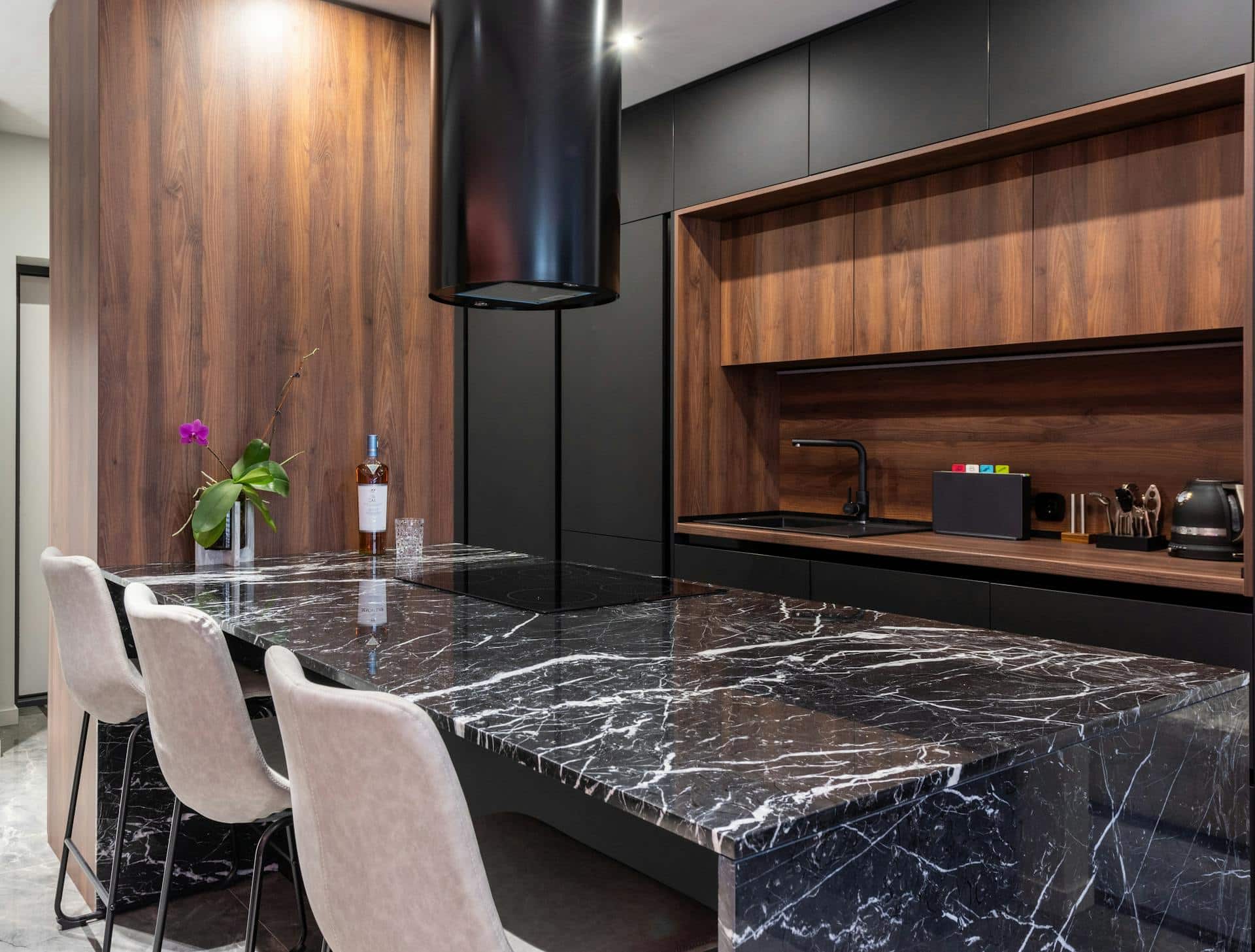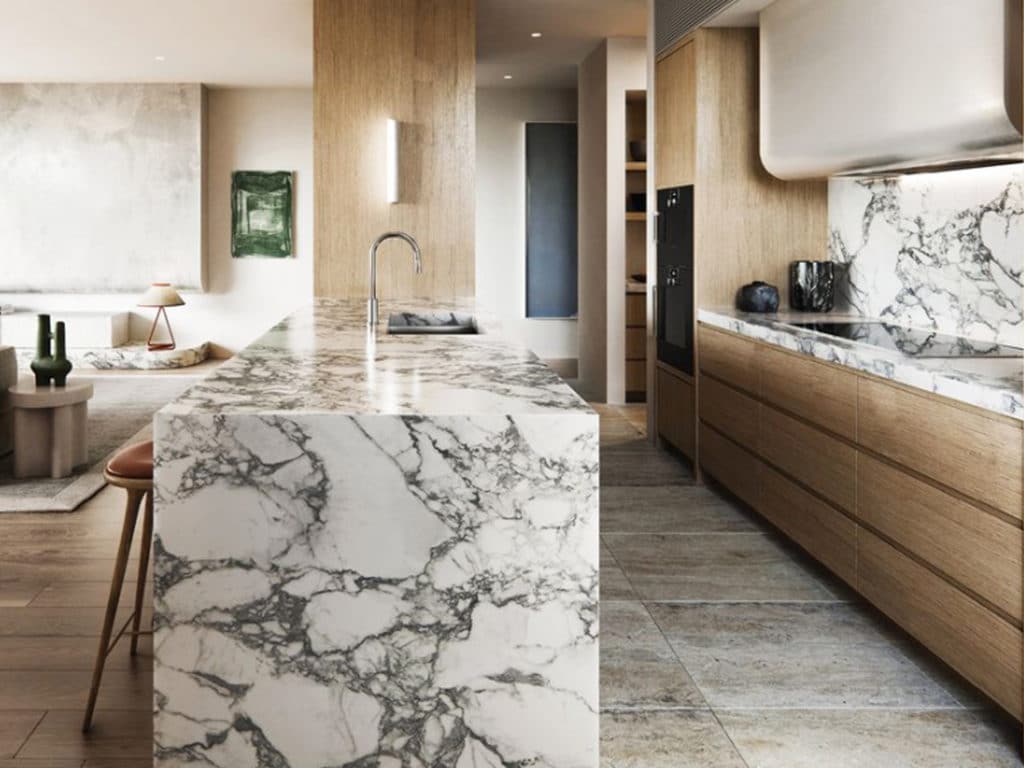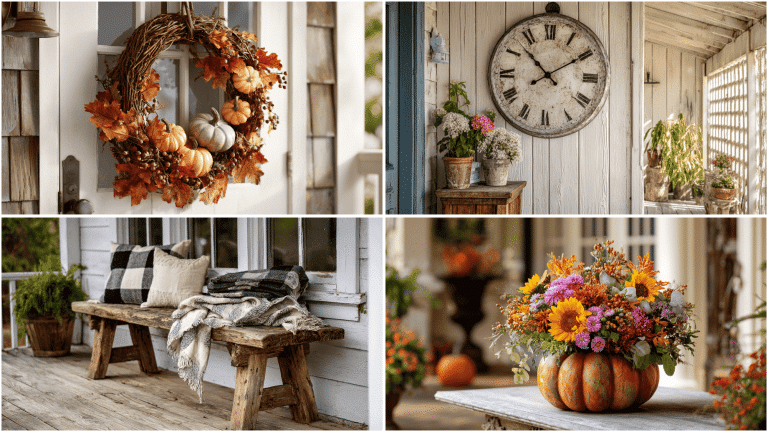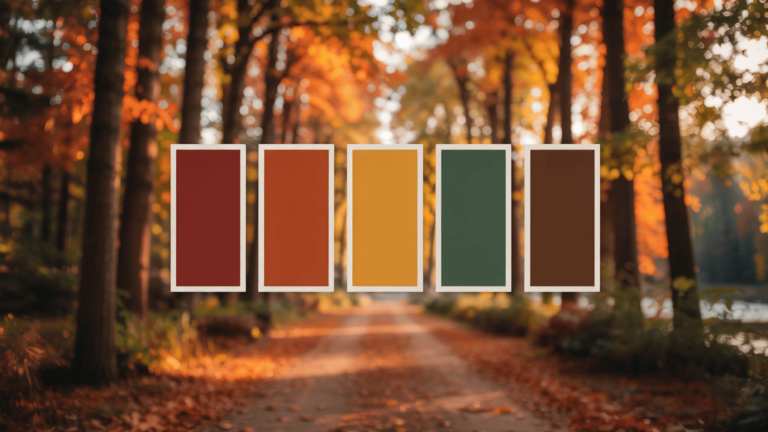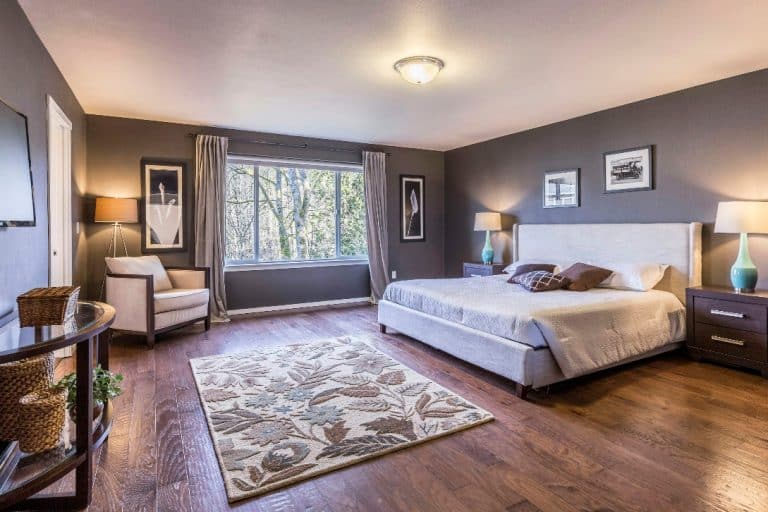Elegance, luxury, and timeless beauty—these are the traits that come to mind when one thinks of marble. For homeowners and interior design enthusiasts, choosing the perfect marble for your benchtop can be an exhilarating endeavor.
Each type of marble boasts distinct qualities that can significantly impact its performance and longevity in your kitchen or bathroom. In this comprehensive guide, we’ll walk you through the types of marble most suited for benchtops, ensuring that your investment not only looks gorgeous but stands the test of time.
Understanding the Appeal of Marble
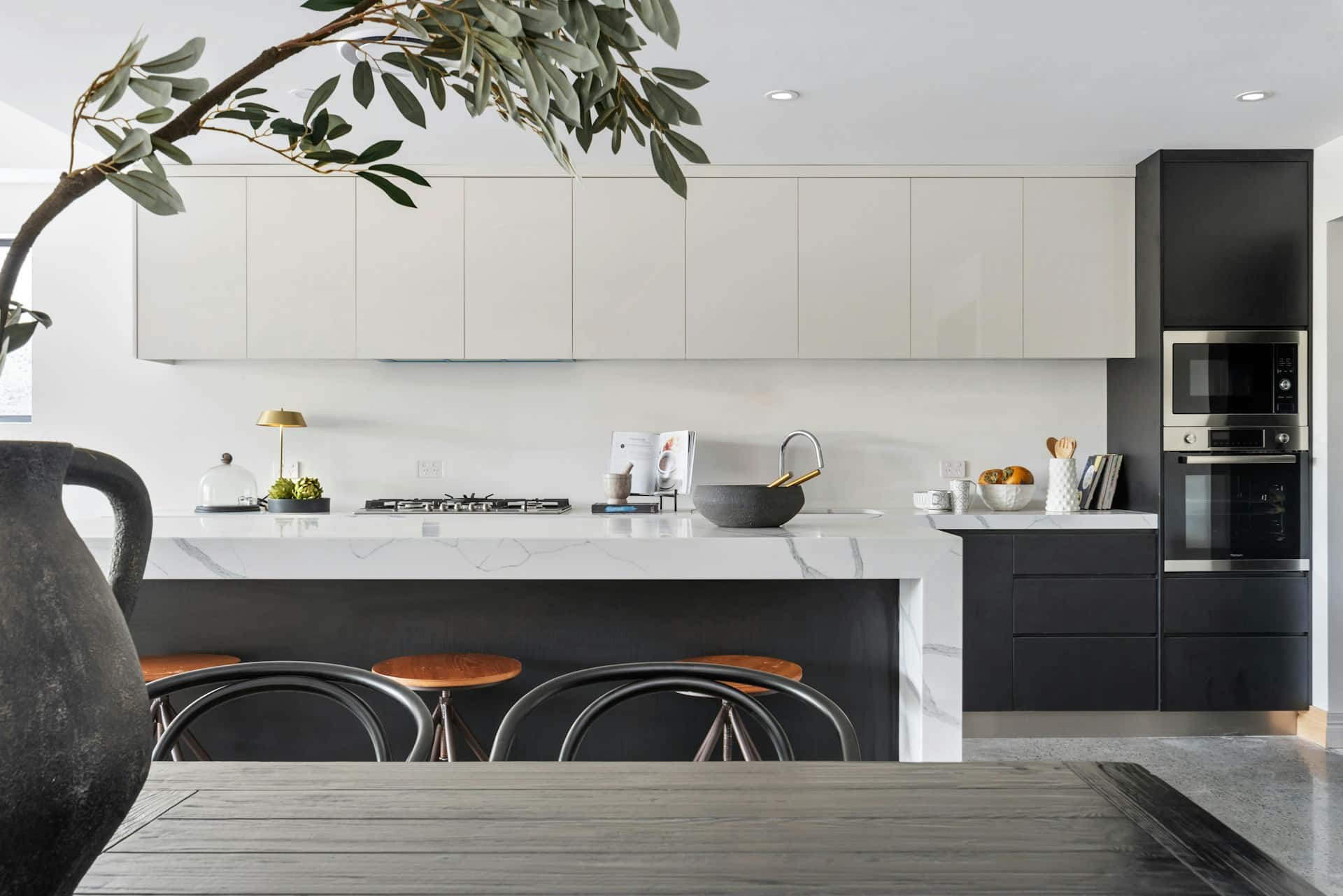
Marble is a metamorphic rock composed of recrystallized carbonate minerals, most commonly calcite or dolomite. Due to its formation process involving high pressure and temperatures, each slab of marble is unique, featuring an expansive array of colors and veining patterns.
The Enduring Aesthetic
Marble’s lasting appeal comes down to its uniqueness and the organic beauty that only nature can provide. No two marble slabs are exactly alike, and the intricate veining creates a rich, varied tapestry that can become a centerpiece in any room. It’s no wonder that from classic to contemporary design styles, marble adapts seamlessly, elevating any space it graces.
A Touch of Luxury
Perceived as a luxury material, marble has a way of making a statement. For homeowners and designers, it’s a choice that can add value to the property, not just for the beauty it imparts, but also for the aspirational quality it brings. Choosing a marble benchtop is a decision to embody a level of sophistication that is hard to replicate with other, more common materials.
Types of Marble Suitable for Benchtops
Not all marble is created equal, especially when it comes to use in benchtops. Some varieties are more resilient to staining and scratching, while others are prized for their liveliness and color.
Statuario Marble
Statuario marble is characterized by its thick, bold veining patterns and a pristine white background. This type of marble is the epitome of elegance and is highly sought after by those looking to create a dramatic presence in their kitchen or bathroom. Statuario is renowned for its rarity and was a favorite material of sculptors like Michelangelo, who famously used it for his iconic ‘David’ sculpture.
Carrara Marble
Carrara marble is perhaps the most widely used type of marble in benchtop applications. It features a softer, lighter grey background with fine, feathery veining that creates a more subtle, delicate look compared to Statuario. Carrara marble is more widely available and is typically more affordable than its counterparts, making it a popular choice for homeowners seeking a balance between quality and cost.
Calacatta Marble
Calacatta marble is often mistakenly labeled as Carrara due to the similarities in their base color. However, Calacatta is distinguished by its bolder, more pronounced veining, which tends to be more linear and structured. This type of marble comes in a variety of shades, including the highly coveted Calacatta Oro, which features a golden hue throughout the veining, bringing warmth and distinctive charm to the slab.
Arabescato Marble
Arabescato is a type of white or blue-grey marble with deep, generous veining that can be either linear or curvy. This marble is known for its clean appearance and works wonderfully in minimalist or contemporary settings. The contrast between the white or grey background and the dark, almost black veining adds an eye-catching element that draws attention without overwhelming the space.
Nero Marquina Marble
Nero Marquina, as its name suggests, is a deep black marble quarried in the Basque Country in northern Spain. It is one of the most elegant and sophisticated marbles available, featuring vivid white veining that provides a striking contrast against the black backdrop. When used sparingly, perhaps as an accent or in a small kitchen, Nero Marquina can create a stunning effect that exudes modernity and refinement.
Characteristics of Marble to Consider
While the aesthetic appeal of various marbles is paramount, it’s crucial to understand the material’s inherent characteristics to select the right one for your benchtop.
Porosity
Marble is a porous stone, meaning it can absorb liquids. This characteristic makes it prone to staining, especially if not sealed properly. When choosing a marble benchtop, it’s essential to consider the porosity of the stone and select a type of marble that can withstand the demands of a busy kitchen or bathroom.
Durability
Despite its perceived fragility, marble is a relatively durable material. However, it is softer than granite or engineered stones and can be more susceptible to scratching and chipping. Certain marbles, such as Statuario or Calacatta, are denser and offer better resistance to wear over time.
Maintenance
Marble benchtops require regular sealing to protect against stains and maintain their appearance. The maintenance needs can vary by the type of marble. For instance, Carrara marble may require more frequent sealing than a denser material like Statuario.
Selecting the Right Finish for Your Marble Benchtop
The finish or texture of your marble benchtop can drastically alter its appearance and performance.
Polished Finish
A polished finish is the smoothest and shiniest option, often bringing out the full vibrancy of the stone. A polished marble benchtop is resistant to stains and tends to be more even in its coloring, making it a popular choice for those who want their benchtop to be the focal point of the room.
Honed Finish
A honed finish is matte and less porous than polished marble, making it more resistant to stains. This finish can be thought of as a middle ground between polished and textured finishes, offering a softer look while maintaining many of the characteristics of the stone.
Leathered Finish
A leathered finish provides a more natural, textured look to the marble benchtop, reducing the reflective quality of the stone. This finish can make the benchtop appear more casual and can be a great choice for those looking to avoid a high-gloss appearance.

